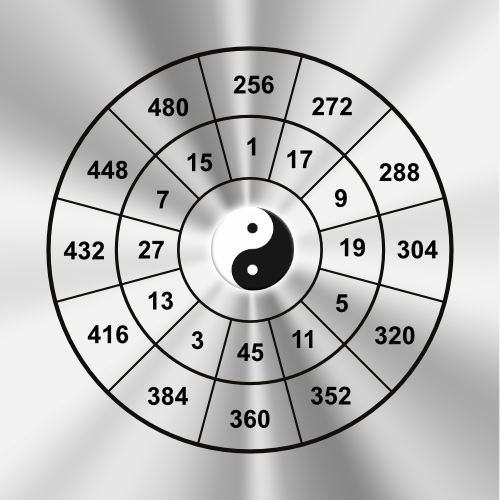

Alan Watkins, a neuroscience lecturer at Imperial College, London.

Those who perform the chants experience the lowest heart rates and blood pressure of the day while singing, according to Dr. Gregorian chants have a measurable influence on human psychology and physiology. “ Solfeggio ” is based on the word “ solfège ,” the name for this notation method of teaching pitch and sight singing. This scale of six notes (C, D, E, F, G, A), the ancestor of our “so re mi fa so la ti do ,“ evolved into the modern diatonic scale after “UT” became “DO” in the 19th century, and “TI” (B) was added later. Guido’s original notations were “UT RE MI FA SOL LA,” derived from the first syllable of each half-line of the ancient “ Hymn to Saint John the Baptist ,” descended from an even more ancient work by Horace, an 8th century BC Roman poet.

This was a new way to teach music - but Brother Guido continued to innovate.įinding a way to express a musical scale, he created staff notations to teach chants and hymns. Once mastered, a choirmaster could point to his hand to inform singers of the next note. One of his methods was a mnemonic tool, called the “Guidonian Hand.” Notes were associated with places on the fingers and palm. Early in the 11th century, an Italian Benedictine monk, Guido of Arezzo, was looking for ways to teach melodies and harmonies to monastic choirs.


 0 kommentar(er)
0 kommentar(er)
